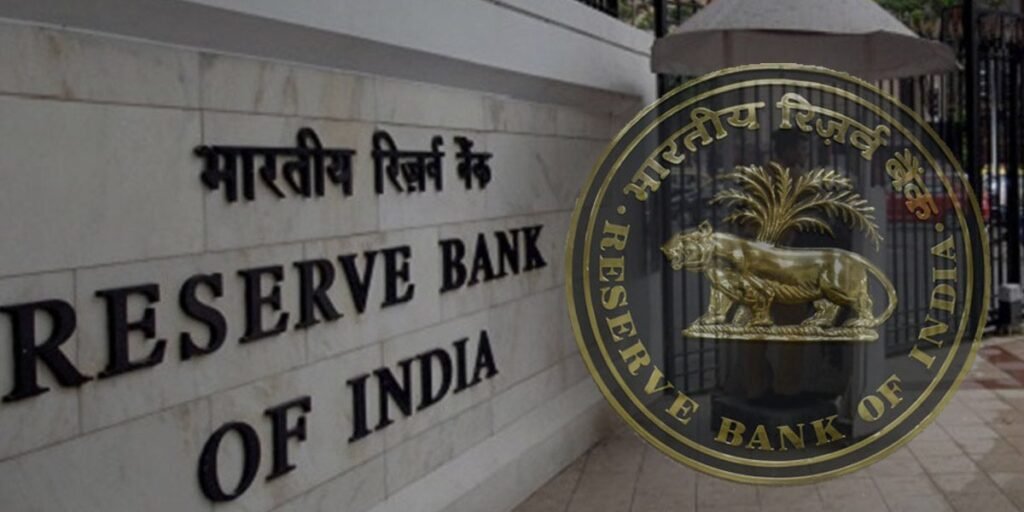
The Reserve Bank of India (RBI) has announced a proposal to mandate banks and non-banking financial companies (NBFCs) to disclose their climate-related financial risks. This move aims to enhance transparency and enable stakeholders to assess the potential impacts of climate change on financial stability.
Climate-related financial risks refer to the potential threats and economic consequences stemming from climate change and efforts to mitigate it. These risks are emerging as significant factors that could affect financial entities and overall financial stability.
Under the proposed “Disclosure Framework on Climate-related Financial Risks, 2024,” the RBI seeks to cover a wide range of regulated entities. This includes commercial banks (with specific exclusions), select primary cooperative banks, all major financial institutions like EXIM Bank, NABARD, NaBFID, NHB, SIDBI, and large NBFCs.
The draft guidelines emphasize the importance of disclosing information on climate-related financial risks and opportunities. Such disclosures are expected to promote early assessment and market discipline. The RBI suggests that these disclosures be made on a standalone basis, with foreign banks required to report on their operations within India.
Currently, regulated entities are obliged to disclose material risks as part of their financial statements. However, the RBI highlights the growing need for more structured information regarding climate-related financial risks.
The proposed disclosure framework encompasses four key areas: Governance, Strategy, Risk Management, and Metrics and Targets. It also outlines a phased approach for detailed disclosures in these areas, ensuring that the information is subject to internal control assessments and reviewed by the Board of Directors or a relevant Board Committee.
The RBI has opened the draft guidelines for public comment until April 30, 2024, inviting stakeholders to contribute their views on this critical initiative. This step by the RBI marks a significant advancement in integrating climate considerations into the financial sector’s regulatory and disclosure practices.




































Leave a Reply